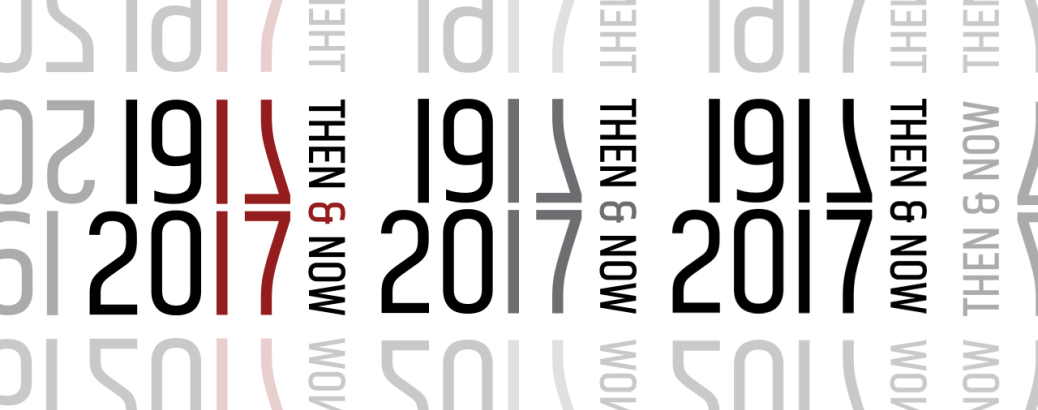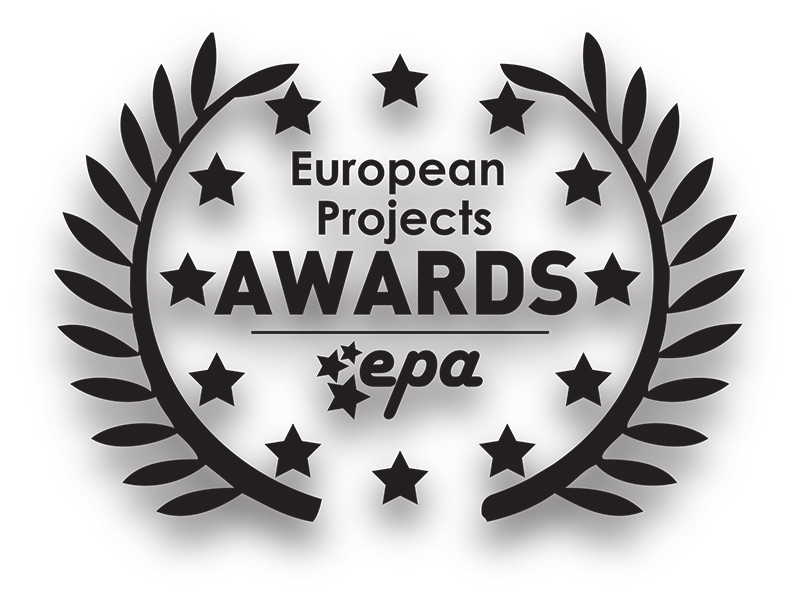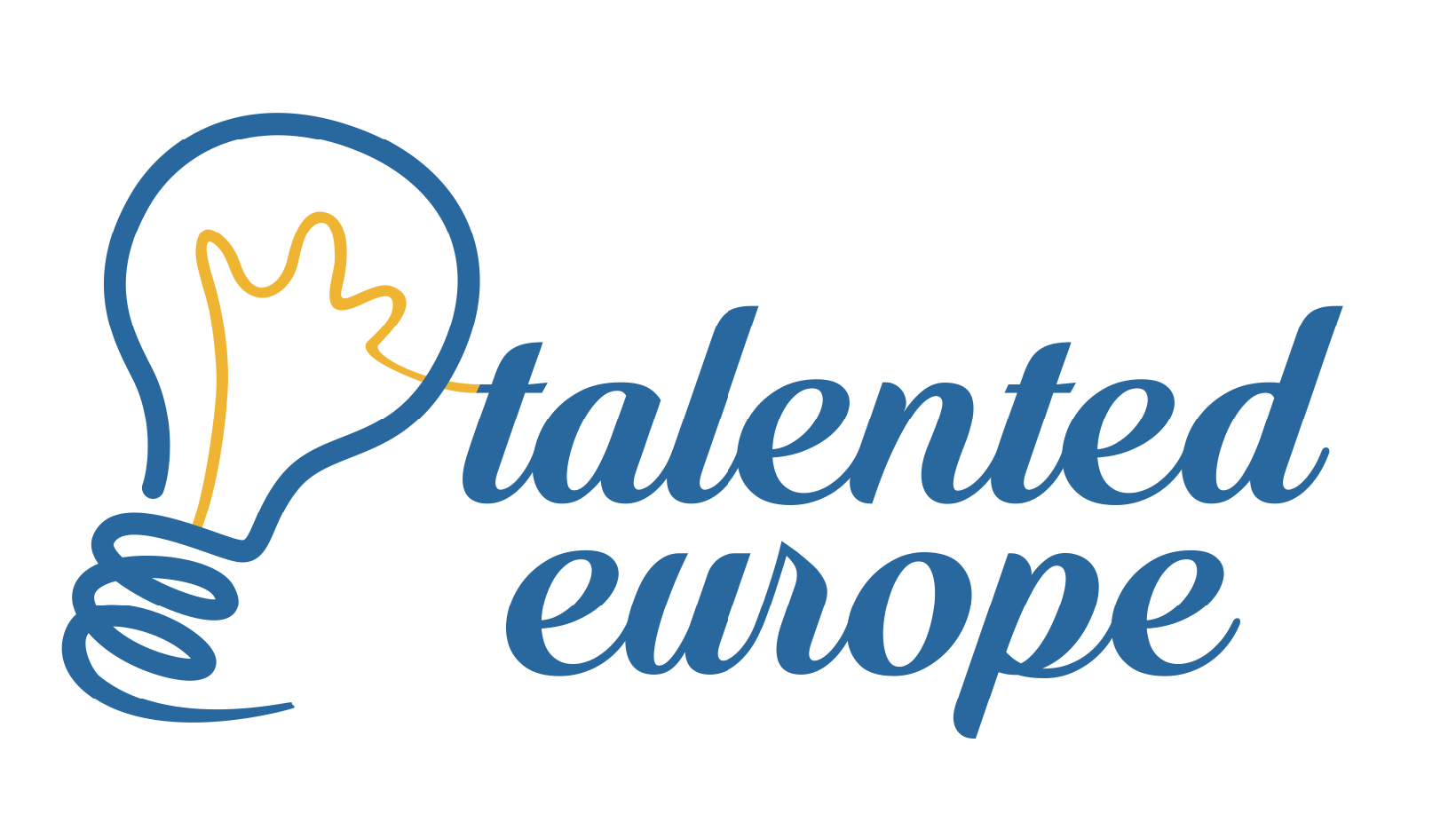
5 events have been carried out within this project:
Event 1: The kick off meeting.
Participation: The event involved 28 citizens, including 3 participants from the Daugavpils City Council, Latvia, 1 participant from the Latvian Association of Local and Regional Governments, Riga, Latvia, 1 participant from the Razvojno informacijski center Slovenska Bistrica, Slovenia, 1 participant from the Diktyo Apascholisis Kai Koinonikis Merimnas, Piraeus, Greece, 1 participant from the Commune di Villafranca Sicula, Italy, 1 participant from the Commune di Librizzi, Italy, 2 participants from the Commune of Aleksandrów Łódzki, Poland, 2 participants from "NVO" Pazangos klubas, Lithuania, 2 participants from the Fundacja Studiów Europejskich - Instytut Europejski, Łódź, Poland, 2 participants from Anaptiksiaki Eteria Lefkosias (ANEL) Ltd, Cyprus, 1 participant from the Local Councils Association, Marsa, Malta, 3 participants from the European Projects Association asbl, Brussels, Belgium, 1 participant from the Municipality of Stara Zagora, Bulgaria, 7 participants from the Marshall’s office of the Lodzkie Region, Łódź, Poland.
Location / Dates: The event took place in Łódź, Poland, from 22/07/2015 to 24/07/2015
Short description: The aim of the event was to plan in details project tasks and responsibilities.
Event 2: European identity building – transnational civic education.
Participation: The event involved 109 citizens, including 69 participants from the Daugavpils City Council, Latvia, 5 participants from the Latvian Association of Local and Regional Governments, Riga, Latvia, 3 participants from the Razvojno informacijski center Slovenska Bistrica, Slovenia, 3 participantd from the Diktyo Apascholisis Kai Koinonikis Merimnas, Piraeus, Greece, 1 participant from the Commune di Villafranca Sicula, Italy, 1 participant from the Commune di Librizzi, Italy, 3 participants from the Commune of Aleksandrów Łódzki, Poland, 2 participants from "NVO" Pazangos klubas, Šiauliai, Lithuania, 4 participants from the Fundacja Studiów Europejskich - Instytut Europejski, Łódź, Poland, 1 participant from Anaptiksiaki Eteria Lefkosias (ANEL) Ltd, Cyprus, 1 participant from the Local Councils Association, Marsa, Malta, 5 participants from the European Projects Association asbl, Brussels, Belgium, 1 participant from the Municipality of Stara Zagora, Bulgaria, 7 participants from the Marshall’s office of the Lodzkie Region, Łódź, Poland, 3 participants from the Building Dreams Association, Bucharest, Romania.
Location / Dates: The event took place in Daugavpils, Latvia, from 12/11/2015 to 14/11/2015
Short description: The aim of the event was to raise the awareness on the transnational civic education as well as the importance of the European citizenship acknowledged
Event 3: Voting rights from local to European level – political participation of EU citizens in constructing the community.
Participation: The event involved 104 citizens, including 3 participants from the Daugavpils City Council, Latvia, 1 participant from the Latvian Association of Local and Regional Governments, Riga, Latvia, 72 participants from the Razvojno informacijski center Slovenska Bistrica, Slovenia, 3 participants from the Diktyo Apascholisis Kai Koinonikis Merimnas, Piraeus, Greece, 1 participant from the Commune di Villafranca Sicula, Italy, 1 participant from the Commune di Librizzi, Italy, 1 participant from the Commune of Aleksandrów Łódzki, Poland, 2 participants from "NVO" Pazangos klubas, Šiauliai, Lithuania, 2 participants from the Fundacja Studiów Europejskich - Instytut Europejski, Łódź, Poland, 1 participant from Anaptiksiaki Eteria Lefkosias (ANEL) Ltd, Cyprus, 1 participant from the Local Councils Association, Marsa, Malta, 3 participants from the European Projects Association asbl, Brussels, Belgium, 2 participants from the Municipality of Stara Zagora, Bulgaria, 5 participants from the Marshall’s office of the Lodzkie Region, Łódź, Poland, 4 participants from the Building Dreams Association, Bucharest, Romania, 2 participants from the Commune of Vrsar, Croatia.
Location / Dates: The event took place in Slovenska Bistrica, Slovenia, from 13/04/2016 to 15/04/2016
Short description: The aim of the event was to raise the awareness on the voting rights from local to European level and political participation of EU citizens in constructing the community, as well as the importance of supporting citizens in taking active part in the construction of the EU.
Event 4: Entrepreneurship and Union – EU citizens as entrepreneurs on the common market.
Participation: The event involved 103 citizens, including 3 participants from the Daugavpils City Council, Latvia, 2 participants from the Latvian Association of Local and Regional Governments, Riga, Latvia, 2 participants from the Razvojno informacijski center Slovenska Bistrica, Slovenia, 3 participants from the Diktyo Apascholisis Kai Koinonikis Merimnas, Piraeus, Greece, 2 participants from the Commune di Villafranca Sicula, Italy, 2 participants from the Commune di Librizzi, Italy, 4 participants from the Commune of Aleksandrów Łódzki, Poland, 2 participants from "NVO" Pazangos klubas, Šiauliai, Lithuania, 7 participants from the Fundacja Studiów Europejskich - Instytut Europejski, Łódź, Poland, 1 participant from Anaptiksiaki Eteria Lefkosias (ANEL) Ltd, Cyprus, 1 participant from the Local Councils Association, Marsa, Malta, 6 participants from the European Projects Association asbl, Brussels, Belgium, 1 participant from the Municipality of Stara Zagora, Bulgaria, 61 participants from the Marshall’s office of the Lodzkie Region, Łódź, Poland, 4 participants from the Building Dreams Association, Bucharest, Romania, 2 participants from the Commune of Vrsar, Croatia.
Location / Dates: The event took place in Łódź, Poland, from 29/06/2016 to 01/07/2016
Short description: The aim of the event was to raise the awareness on the importance of regional structures of support for the entrepreneurial spirit in Europe as well as to increase the opportunities for future cooperation facilitated thanks to the brokerage session.
Event 5: The future of the European Citizenship – European Identity and Refugees Integration.
Participation: The event involved 114 citizens, including 2 participants from the Daugavpils City Council, Latvia, 2 participants from the Latvian Association of Local and Regional Governments, Riga, Latvia, 2 participants from the Razvojno informacijski center Slovenska Bistrica, Slovenia, 79 participants from the Diktyo Apascholisis Kai Koinonikis Merimnas, Piraeus, Greece, 2 participants from the Commune di Villafranca Sicula, Italy, 2 participants from the Commune di Librizzi, Italy, 1 participant from the Commune of Aleksandrów Łódzki, Poland, 4 participants from "NVO" Pazangos klubas, Šiauliai, Lithuania, 1 participant from the Fundacja Studiów Europejskich - Instytut Europejski, Łódź, Poland, 1 participant from Anaptiksiaki Eteria Lefkosias (ANEL) Ltd, Cyprus, 1 participant from the Local Councils Association, Marsa, Malta, 7 participants from the European Projects Association asbl, Brussels, Belgium, 1 participant from the Municipality of Stara Zagora, Bulgaria, 3 participants from the Marshall’s office of the Lodzkie Region, Łódź, Poland, 4 participants from the Building Dreams Association, Bucharest, Romania, 2 participants from the Commune of Vrsar, Croatia.
Location / Dates: The event took place in Athens, Greece, from 05/10/2016 to 07/10/2016
Short description: The aim of the event was to evaluate and disseminate the project results to reach European bodies as well as the improvement of knowledge on social and civic issues related to the migration and integration.















